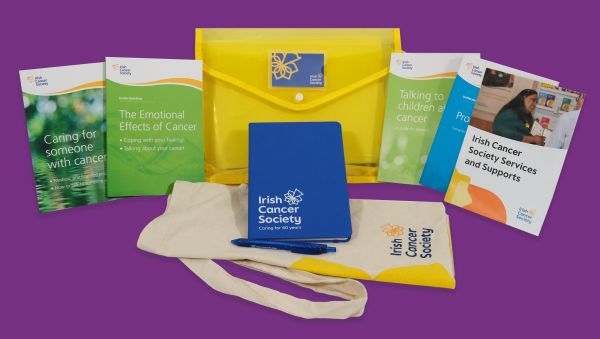Genetic mutation testing
In certain cases, a pathologist will test the tumour for gene changes (mutations). Each gene mutation makes the cancer act in a different way. Almost half of people diagnosed with melanoma have a mutation in the BRAF gene.
Knowing which gene mutation affects your tumour helps the doctors to plan the best treatment for you.







